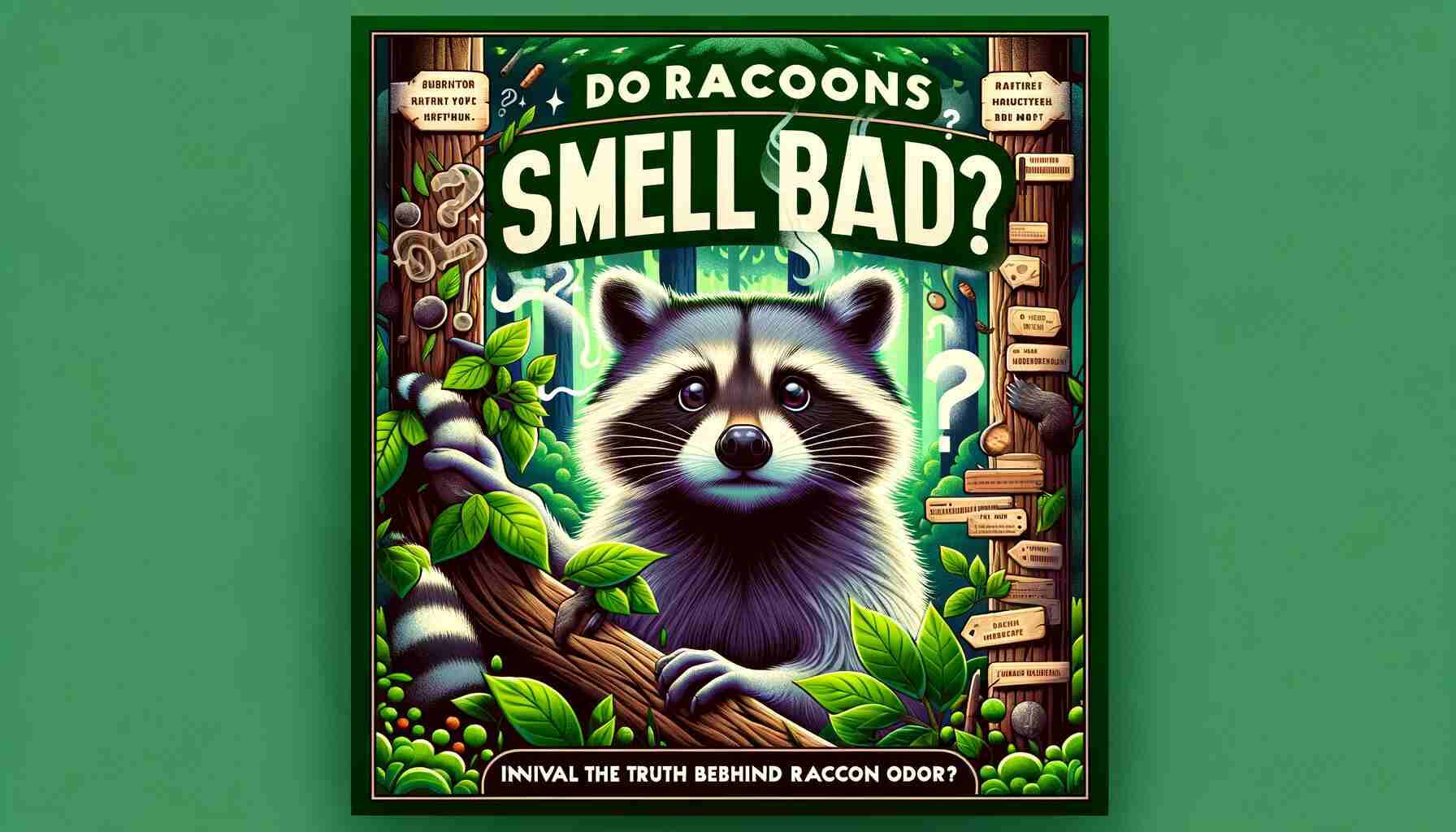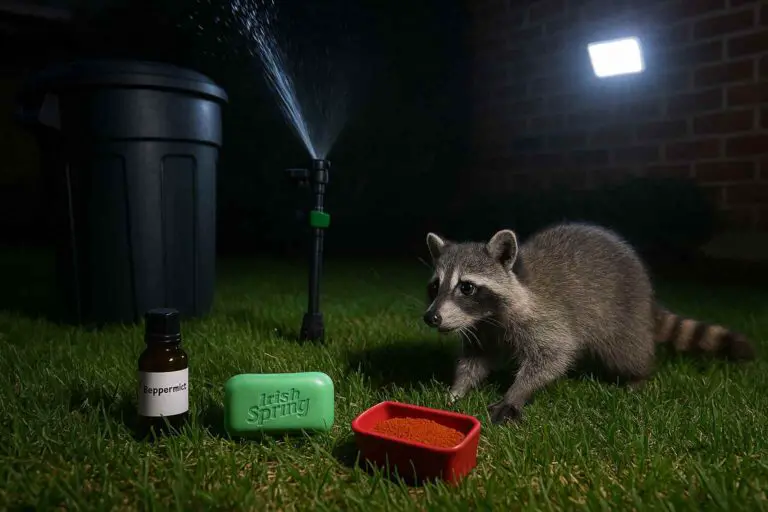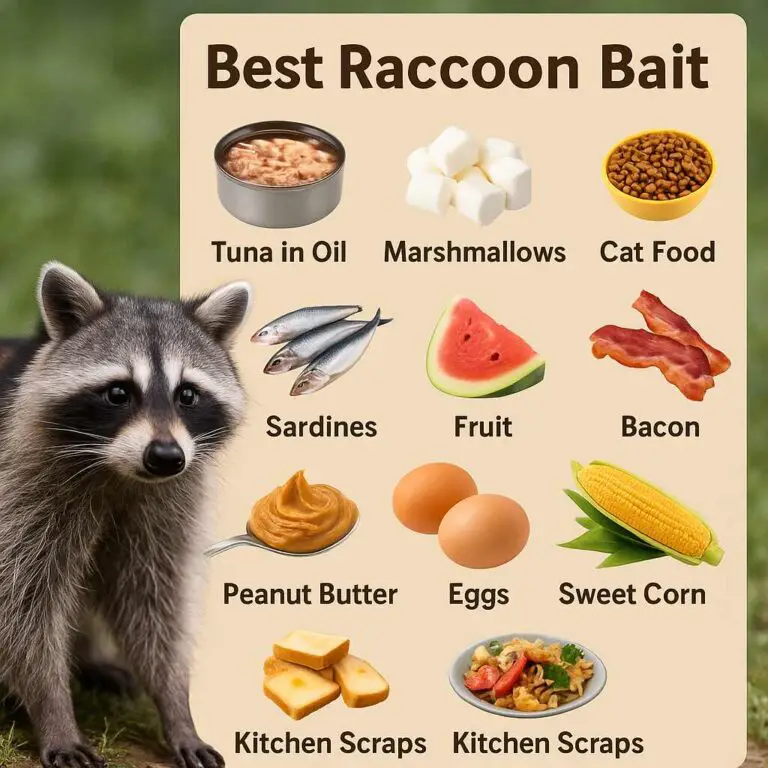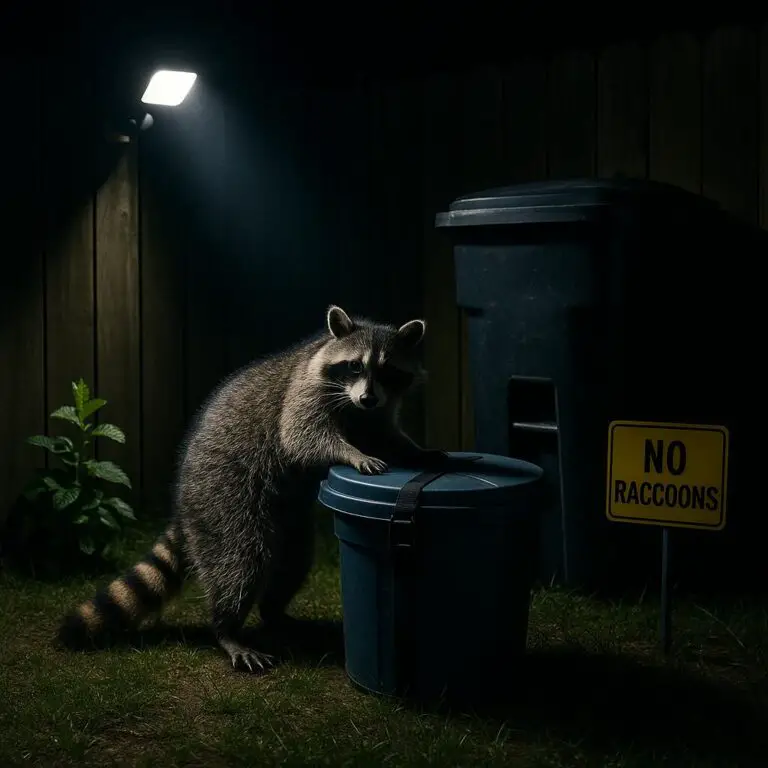Raccoons emit their own distinct odor, which can become more pronounced over time. They utilize their anal glands to produce a foul-smelling substance, often used for marking territory by rubbing against objects like trees and rocks. Additionally, if raccoons die in confined spaces like attics or walls, decomposition can lead to strong odors due to moisture buildup, fecal matter, urine, decaying remains, and debris accumulation.
Raccoon urine may penetrate insulation and surfaces like wood or sheetrock, causing staining. The scent of wet raccoons is often described as a mix of wet dog and wet weasel or likened to the smell of dirty dumpsters and wet dogs. However, pet raccoons generally don’t have a strong odor, especially when compared to other pets like foxes, which tend to emit more noticeable scents.
Factors Influencing Raccoon Odor
The answer to whether raccoons smell bad isn’t as straightforward as a simple yes or no. Several factors influence whether or not raccoons emit offensive odors.
1. Diet
Raccoons are opportunistic omnivores, meaning they eat a wide variety of foods. Their diet can include both plant and animal matter, as well as human garbage. While many of the natural foods they consume might not produce strong odors, scavenging through trash bins can lead to them picking up unpleasant smells.
2. Glands and Secretions
Raccoons possess scent glands located near their anus, which they use for marking territory and communicating with other raccoons. The secretion from these glands can have a musky odor, particularly during the breeding season or when they feel threatened.
3. Hygiene Habits
Like cats, raccoons are known to be fastidious groomers. They often wash their food before eating and spend considerable time grooming their fur to keep it clean. Good hygiene habits can help mitigate any potential odor emanating from their bodies.
4. Environmental Factors
The environment in which raccoons live can also impact their odor. Raccoons dwelling in urban areas may encounter more pollutants and contaminants, which could contribute to unpleasant smells clinging to their fur.
Managing Raccoon Odor
Raccoons are known to inhabit urban areas, with an estimated 20 million living in North America alone. If you’re concerned about raccoon odor in your vicinity, there are several steps you can take to manage it.
1. Secure Trash Bins
One of the main reasons raccoons might emit offensive odors is their scavenging behavior around garbage bins. Ensure your trash bins are securely closed to prevent raccoons from accessing them.
2. Remove Potential Food Sources
Avoid leaving pet food outside and clean up any fallen fruits or nuts from your yard. By removing potential food sources, you can discourage raccoons from frequenting your property.
3. Seal Entry Points
Raccoons may seek shelter in attics, crawl spaces, or under decks, especially during the colder months. Seal any potential entry points to prevent them from gaining access to your home.
4. Consult Professionals
If you’re experiencing persistent issues with raccoons on your property, consider consulting wildlife professionals or pest control experts for safe and humane removal solutions.
Here’s How Far Away Can Raccoons Smell Food
Conclusion
In conclusion, while raccoons may emit odors under certain circumstances, it’s not accurate to categorize them as inherently smelly animals. Their diet, grooming habits, and environmental factors all play a role in determining whether they produce bad odors.
Overall, while raccoons do have a noticeable scent, it’s not necessarily overwhelming or inherently offensive to everyone.








